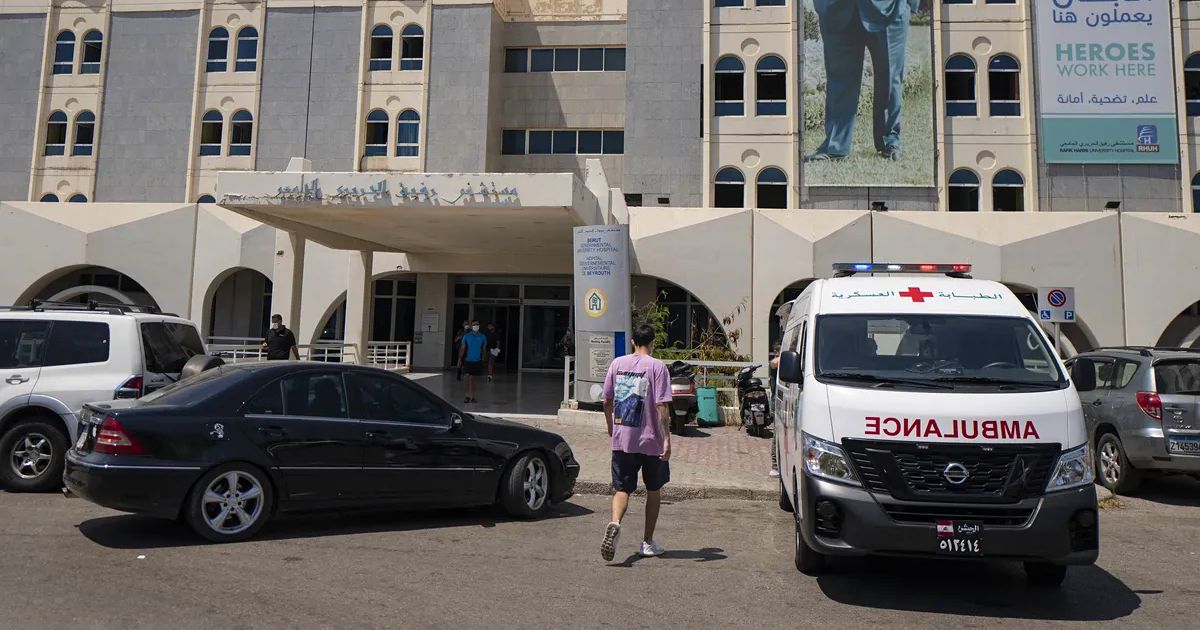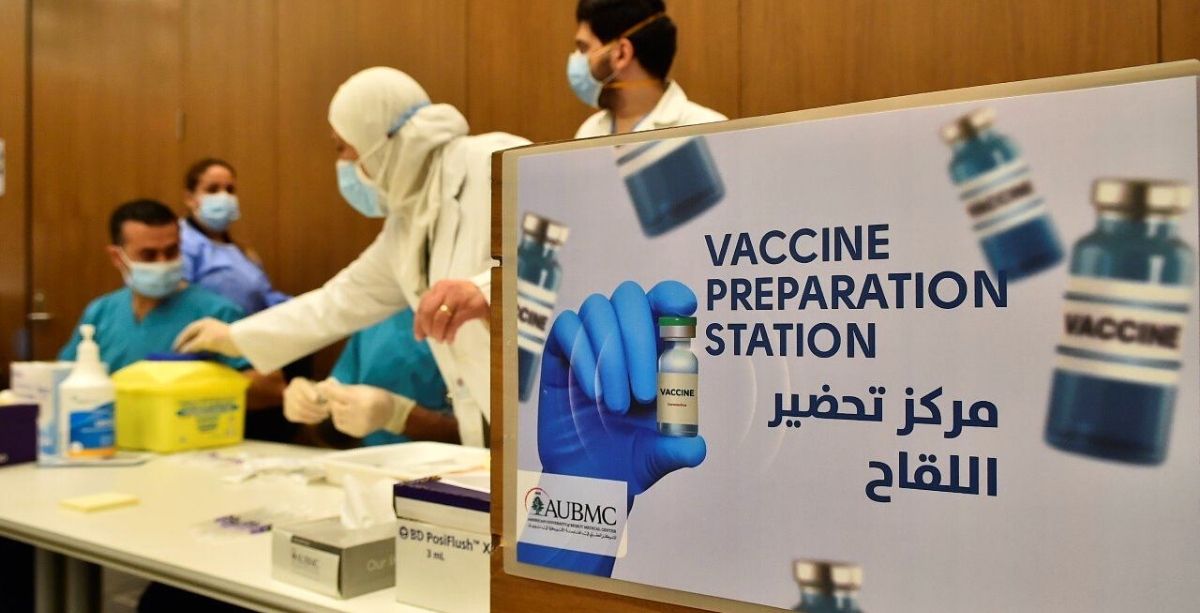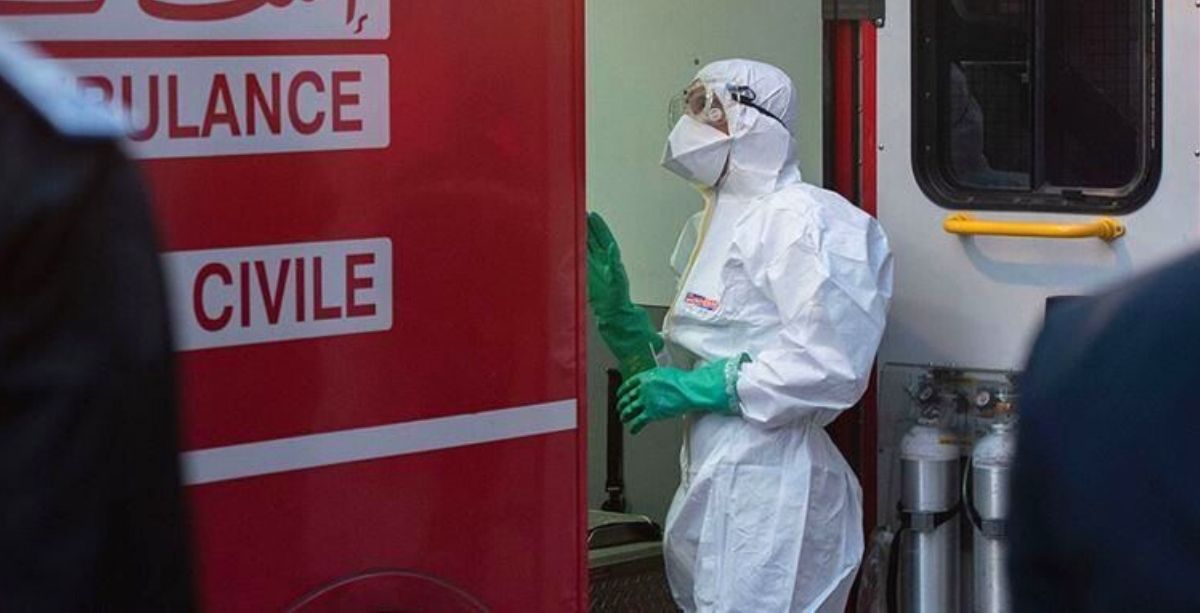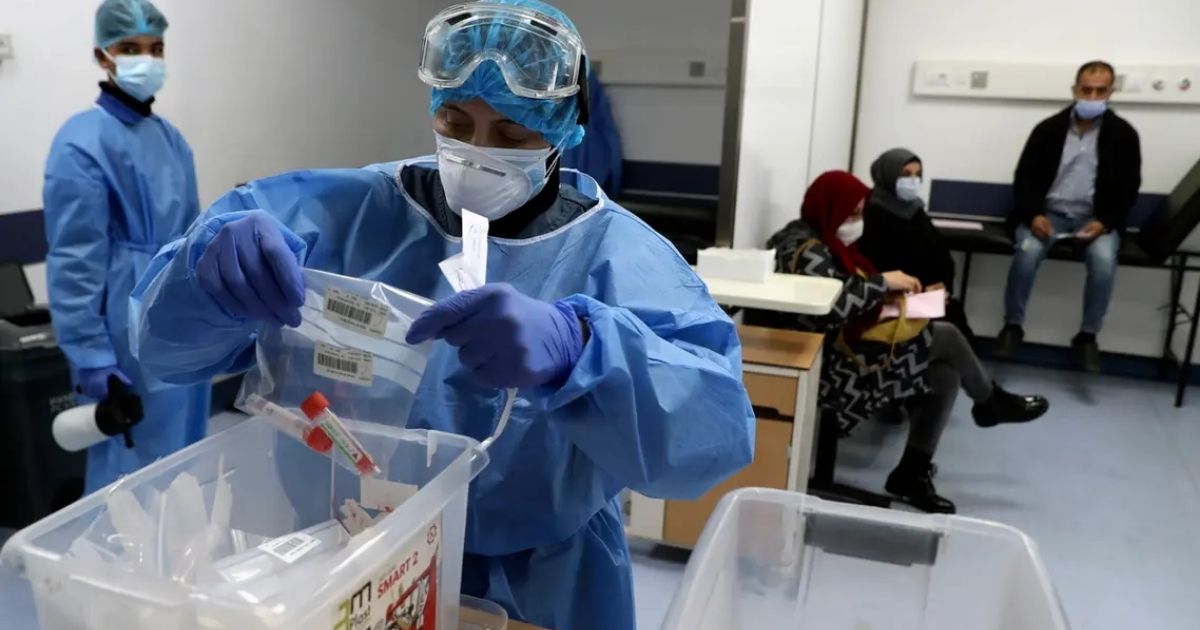Restaurants and cafes in Lebanon have now reopened as of Monday, May 4th, as a part of Lebanon’s 5-step plan to reopen the country.
The Ministry of Tourism, in coordination with the Ministry of Labor, the Coronavirus Follow-up Committee, and the union of owners of restaurants, cafes, clubs, and patisseries, issued a generalization regarding health and safety guidelines for reopening of restaurants and COVID-19:
#1 Restaurants and cafes to assign a Point of Contact
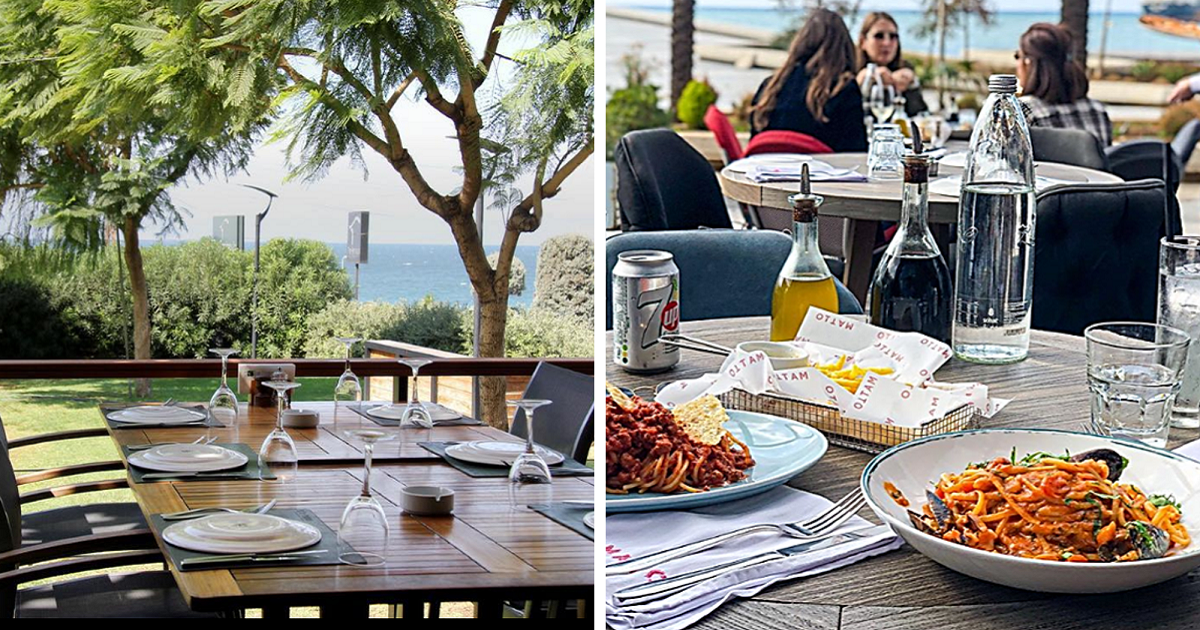
At least one Point of Contact within the organization must be assigned to coordinate and supervise as follows:
- Their tasks will be to collect updated contact information for all employees (i.e. housing address, home phone number, mobile one number, mobility method, contact list of family members and friends in case of suspicion in any case)
- This information must be readily available to be provided to Ministry inspectors when necessary.
- All employees must have the contact number of the Point of Contact to call him/her if they are ill or hospitalized.
- The Point of Contact is accountable to both the business owner and the official authorities to ensure that employees adhere to occupational safety practices to counter COVID-19.
#2 General Safety Requirements
- Notices must be placed at the entrance stating that no one with fever or symptoms of COVID-19 is allowed to enter the restaurant or cafe.
- Ensure that all entering the restaurant or cafe, including employees, customers, and contractors, are subject to temperature check and verification.
- A hand sanitizer (at least 70% alcohol content) should be placed at the entrance to the restaurant and cafe and inside the hall.
#3 Maintaining social distancing
- Everyone must adhere to social distancing and keep a distance of 1.5 meters between one person and another (except for single-family members and a group of friends).
- Seating places must be reduced to 30% of their capacity while leaving a distance of 1.5 meters between one table and another at this stage (the second stage), to increase to 50% in the fourth stage.
- Customers should not be allowed to be in the waiting area at the bar. Therefore, a plan must be developed to ensure the social distancing between customers when waiting to sit: it can include marking floors, waiting outside while ensuring a safe distance between one another or staying in cars… or encouraging customers to call in advance to reserve their tables.
- Restaurants and cafes must have a stock of cleaning materials and sterilizers approved by the concerned authority and should be used according to the manufacturer’s instructions.
- The building must be thoroughly cleaned and sanitized periodically.
- Most contact surfaces should be cleaned and sanitized frequently, such as door handles, power sockets, telephones, POS machines…
- Tables, chairs, and seasoning boxes should be cleaned and sterilized immediately after the customer leaves.
- The menu should be cleaned and sanitized immediately after use. If they are not autoclavable, they must be encapsulated to facilitate their disinfection, or replaced with single-use regulations or digital screens (easy to sterilize).
- The check folder should be cleaned and disinfected immediately after use. If it is not sterilizable, a replacement must be used. If possible, businesses must encourage payments with credit cards, mobile applications, or the internet.
- Water taps and toilets must be cleaned and sterilized periodically. Bathrooms should always be equipped with liquid soap and paper towels.
- It is preferable to use single-use utensils, plates, and cups, especially if the dishwasher is not available. The temperature of dishwashers must reach 82 degrees Celsius.
- Clean dishes, cups, and utensils should be stored properly to prevent contamination. It is advised to encapsulate the cutlery (napkins, for example) to prevent contamination and to provide customers with wrapped straws only (for drinks).
- Table set up must only be prepared when the customer is seated, not earlier.
- The coffee and soft drink machine must be permanently cleaned and sterilized.
- Awareness must be spread among employees and training in personal hygiene, protection of themselves, and protection of others is required. In this regard, the union also organized free training seminars on preventive measures.
- Staff should be educated about hand washing. Hands should be thoroughly washed often with soap and water, for at least 20 seconds, especially: after going to the bathroom, after nose-blowing, coughing, or sneezing, after coming into contact with any contaminated materials or surfaces, after the cleaning process, before and after eating, before preparing food, before wearing gloves and masks, and after removing them. If soap and water are not available in these instances, a hand sanitizer containing at least 70% alcohol must be used.
- Staff should be urged to change gloves whenever needed and adhere to good respiratory hygiene when coughing.
- All employees must wear face-masks and cover the mouth and nose well.
- Food workers should wear gloves and change them as needed, and waiters often have to wash and sterilize their hands.
- The temperature of employees (including contracted cleaners) must be checked before starting work with a remote working thermometer (such as an infrared thermometer) and excluding employees with a fever (temperature over 37.4°C).
- Staff should be excluded from work if they have symptoms of illness (fever, cough…) and directed to the nearest health center.
- The social distance (1.5m) between employees on the one hand and between employees and customers, on the other hand, must be applied. Except when taking the order from the customers and giving them food – but keeping a safe distance.
- Food safety standards and regulations must be applied and complied with.
- Food must be cooked well at the appropriate temperature.
- Vegetables and fruits must be sanitized.
- Staff must be enabled to take new measures when receiving food, packaging, and disinfecting all items received.
- Ready-to-use food should be handled only when wearing clean gloves or appropriate tools.
- Self-service stations, buffet tables, and Salad Bars are not to be used fat at this stage.
#7 Delivery service
- Drivers must be educated and trained to implement appropriate personal hygiene and public health protocols to protect themselves and others.
- The drivers’ temperature should be checked before starting work with a remote working thermometer. They must be excluded from work if they have symptoms of the disease.
- All drivers must wear gloves and masks and cover their mouth and nose well.
- Delivery containers should be sterilized before use, often during the day.
- Drivers must be provided with a hand sanitizer.
- Drivers should wash or sterilize hands and wear clean gloves: before taking the order, immediately before opening the delivery bag and taking the order, and after delivery and accounting.
- Drivers must adhere to social distancing and leave a distance of 1.5m between them and the customer, provide Contactless connections, send text alerts to customers or call them when the order arrives, and leave food at the doorsteps.
In addition to these new measures and rules, restaurants are setting up their own safety regulations, and here is a glimpse of what it’ll be like for restaurants after quarantine.
We have a dedicated coronavirus section where you can find the latest news/updates about the pandemic in Lebanon, inform yourself with WHO-verified resources, and track the number of cases in Lebanon in real-time. Click here.


